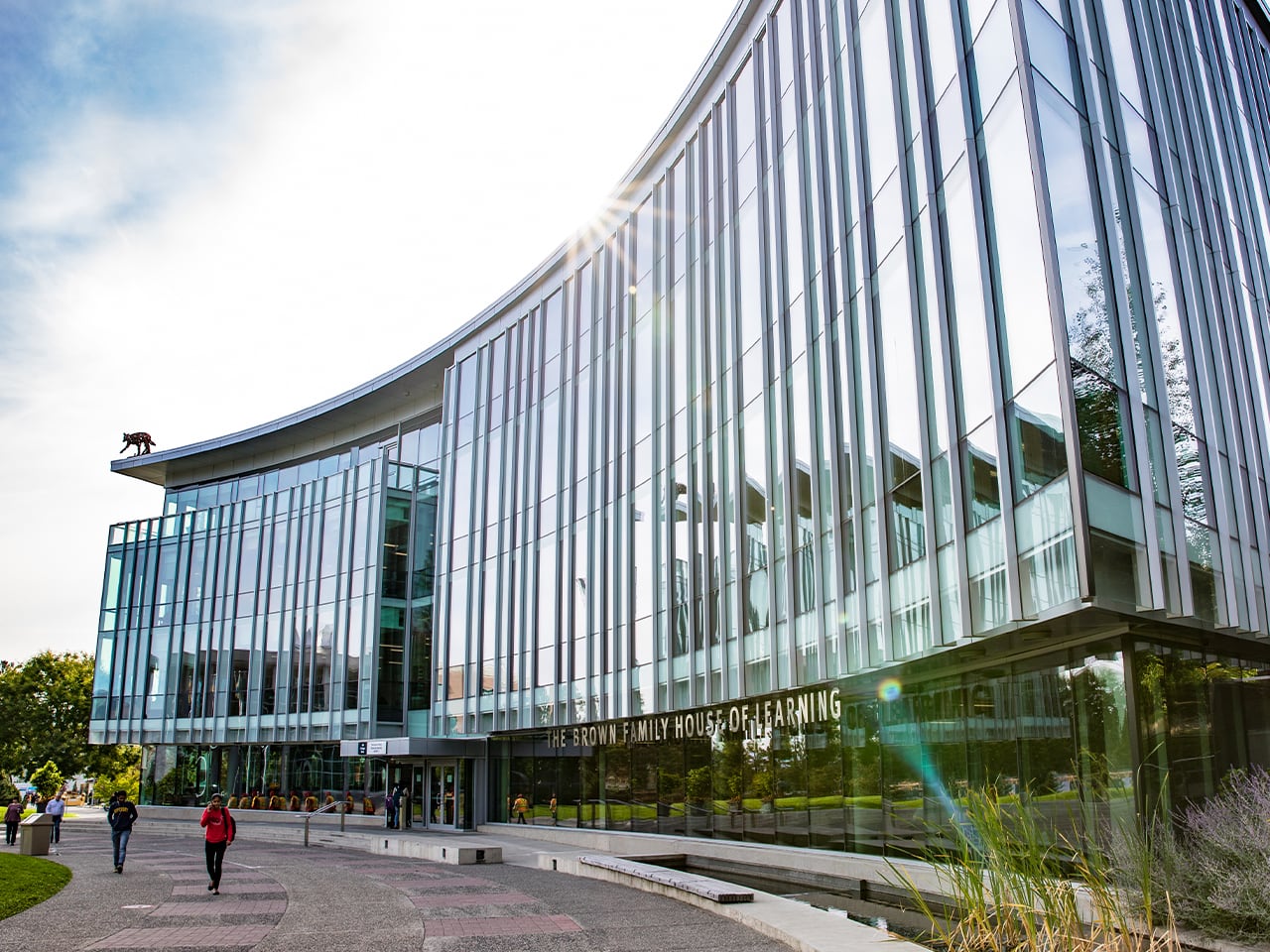Master of Nursing - Nurse Practitioner
Highlights
Graduates of TRU’s MN-NP program will gain the specialized clinical knowledge, skills and competencies required for their careers as advanced practitioners of nursing. Training and practice in the following areas will also prepare graduates to meet BCCNM licensure requirements as NPs in family practice:
- The MN-NP program prepares students for entry-level, full-scope nurse practitioner practice including advanced health assessment, clinical diagnosis, comprehensive management, and clinical skills.
- Students are prepared with graduate-level education to apply advanced clinical reasoning, scholarship, advocacy, and leadership.
- Students are prepared for clinical practice through training in advanced simulation labs on TRU’s Kamloops campus.
- The program is delivered through combined virtual and on-campus learning, along with clinical practice in mentored preceptorship experiences across British Columbia.
- Students complete the program over 2 or 3 years.
Careers
Work in a variety of health care settings as a Nurse Practitioner after graduation from the program and licensure with an accrediting body.
Program structure
The program is offered through blended delivery. This includes online theory courses, on-campus condensed laboratory for skill development and consolidating practicums in the clinical setting.
The program structure builds on a foundation of five existing TRU Master of Nursing core courses (15 credits). MN-NP students take a further nine courses (35 credits) specific to developing the base of clinical knowledge and skills required for NP practice.
Included in the program are two directed health study project courses and a consolidating final clinical internship experience for a total of 50 credits.
Students may complete the the program in two years (six semesters) or in three years (nine semesters).
Course highlights
- Research in Healthcare
- Indigenous Health Leadership
- Issues in Professional Practice for Nurse Practitioners
- Nurse Practitioner Primary Healthcare
- Directed Health Study
- Consolidated Nurse Practitioner Internship
Admission Requirements
Admission criteria for the TRU MN-NP program includes the following:
- A completed bachelor/baccalaureate degree in nursing from an accredited institution.
- Evidence of active registration as a nurse in British Columbia. Note that annual evidence of current, practicing BCCNM licensure is required while enrolled in the program.
- Evidence of a minimum of two years of relevant full-time (or equivalent to full-time) registered nursing practice within the last five years.
- A minimum grade point average (GPA) of 3.00 (B) (or 73%) based on the most recent 60 credits of post-secondary education related to nursing or healthcare from an accredited institution(s).
- An academic transcript showing a completed undergraduate or graduate course in statistics with a C+ minimum grade.
- Two letters of reference from two clinical referees. The clinical referees must be in a supervisory role in the clinical environment.
- Official copies of ALL post-secondary transcripts
- Nursing practice resumé or curriculum vitae
- Statement of interest
English language proficiency
Students who have completed studies in a country where English is not the official language, must also submit English Language Test scores.
Acceptable tests and levels:
International English Language Testing System (IELTS)
a minimum score of 7.0 and the following sub-test scores: Speaking 7.0, Writing 7.0, Listening 7.5, Reading 6.5.
OR
Test of English as a Foreign Language (TOEFL)
- iBT: a minimum score of 100 (iBT) with no section below a 20
- Paper-Based: 600 with a TWE of 5.0
Statement of Interest
The statement of interest is a scholarly submission that best reflects writing skills, and should include:
- Your motivation for applying to the MN-NP program
- A brief overview of your background and preparation to enter as a graduate student in the MN-NP program
- State your advanced nursing practice interests and goals for entering the NP profession
- State the geographical area in which you would prefer to practice as an NP
- Provide a description of your desired focus of study in the program that relates to NP practice
General Requirements for Clinical Practice Coursework
- Ongoing active RN registration with BCCNM
- Criminal record check
- Updated immunization schedule & tuberculosis screening
- Current Basic Life Support (BLS) certification
- Student Practice Education Core Orientation (SPECO)
- WHMIS certificate (Workplace Hazardous Materials Information System)
- Health Sciences Placement Network (HSPnet) requirements
Granting transfer credits
Transfer credits from one university to another are determined on a case-by-case basis.
Know Before you Apply
All applicants must be aware of the following MN-NP program conditions and policies:
- The MN-NP program contains 3 practicum courses in the final year where students are paired with preceptors in clinical practice. These courses are NURS 5450 (225 practice hours), NURS 5460 (225 practice hours), and NURS 6430 (320 practice hours).
- It may be difficult to maintain employment hours due to the workload of seminar and clinical commitments. Throughout the program, students must realistically appraise their ability to continue employment hours alongside the time commitment required for their studies.
- Students are expected to travel for their practicums, as practicums can be arranged anywhere in British Columbia. Students are responsible for arranging their own travel and accommodation for practicum placements.
- All practicum placements are arranged by TRU. Students are not permitted to arrange their own practicum placements.
Next Steps
Apply to this program Visit the program website



